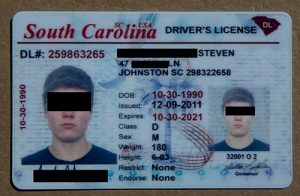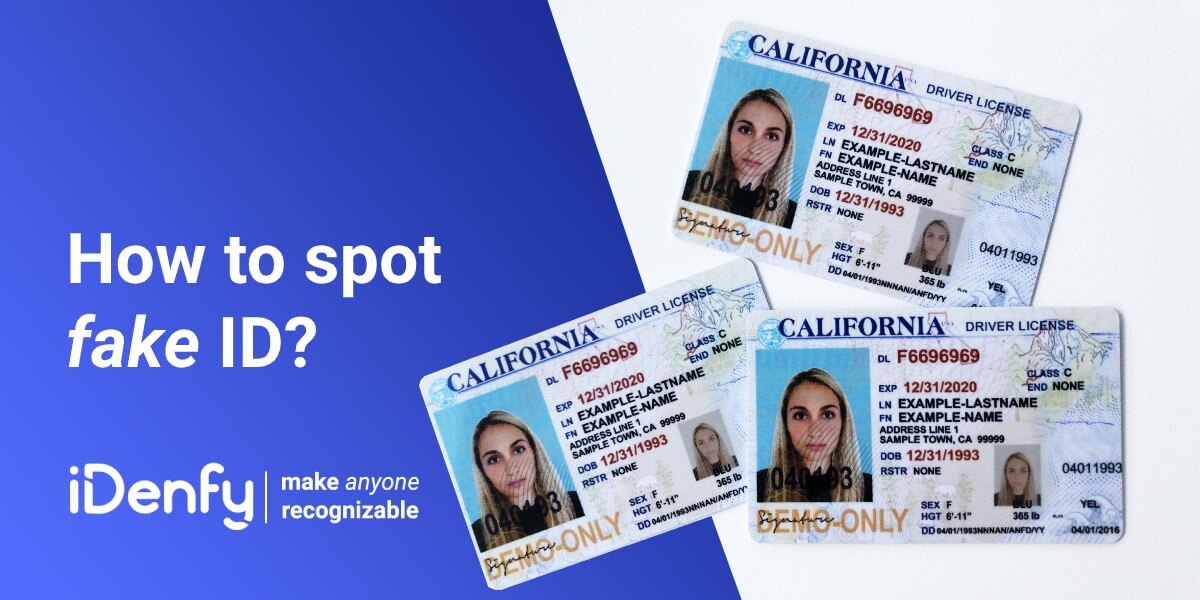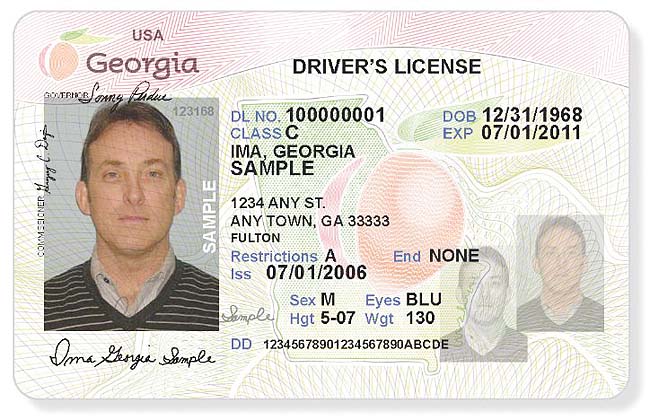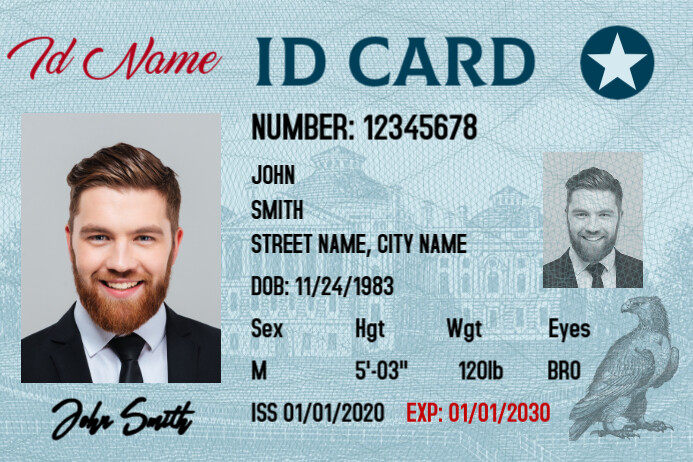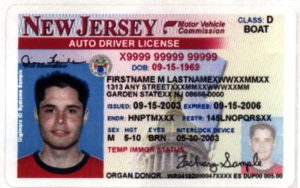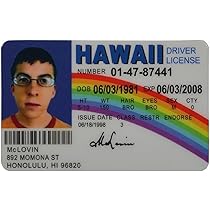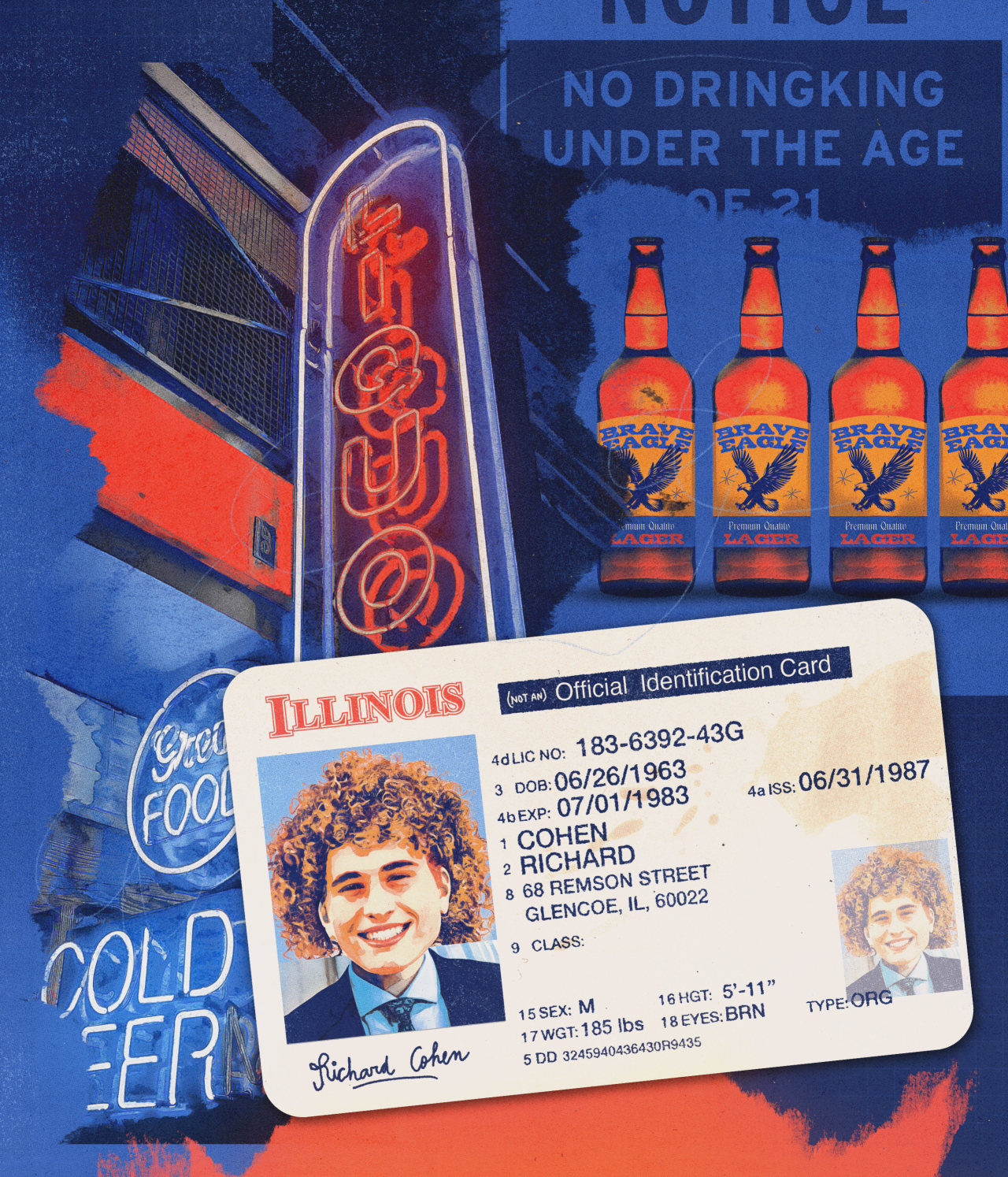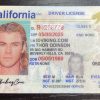Fake Id
2024-05-25 2024-05-25 22:37Fake Id
Fake Id
Scannable fake IDs have become increasingly popular in recent years as more and more young people are looking for ways to gain access to places and activities that are typically restricted to those of legal drinking age. While the use of fake IDs is illegal and can result in serious consequences, the demand for them persists. In this article, we will explore the world of fake IDs, including how they are made, the risks associated with using them, and the ethical implications of their use.
Fake IDs are typically produced by individuals or groups that specialize in creating counterfeit identification documents. These documents are designed to closely resemble genuine government-issued IDs, such as driver’s licenses or passports, and contain information that is either completely fictitious or stolen from someone else. In many cases, fake IDs are obtained through online retailers that offer a variety of customization options, including the ability to choose from a variety of templates, add holograms and other security features, and even choose the state or country from which the ID appears to have been issued.
One of the most common reasons that people seek out fake IDs is to gain access to bars, clubs, and other venues where alcohol is served. In the United States, the legal drinking age is 21, meaning that anyone under that age is prohibited from purchasing or consuming alcohol. For young people who are eager to experience the nightlife scene or participate in social events where alcohol is present, having a fake ID can seem like a simple solution. However, the risks associated with using a fake ID are significant.
One of the primary risks of using a fake ID is the potential legal consequences. Possessing or using a fake ID is a criminal offense in most jurisdictions, and individuals who are caught with one can face fines, community service, or even jail time. In addition, using a fake ID to purchase alcohol or gain entry to a restricted venue can result in the revocation of one’s real ID or driver’s license, making it difficult to legally drive or participate in other activities that require identification.
Furthermore, using a fake ID can have serious long-term consequences. When individuals use fake IDs to engage in illegal activities, they may be putting themselves in risky situations and making poor decisions that can impact their future. For example, young people who use fake IDs to purchase alcohol may be more likely to engage in risky behavior, such as driving under the influence or engaging in unsafe sexual practices. Additionally, if a person is caught using a fake ID, it can damage their reputation and make it difficult to secure future employment or educational opportunities.
Beyond the legal and personal risks associated with using fake IDs, there are also ethical considerations to take into account. When individuals use fake IDs to misrepresent their age or identity, they are essentially lying to others and violating the trust of those around them. This can have a detrimental effect on relationships and can erode the sense of community and trust that is essential for a healthy society.
In conclusion, while the use of fake IDs may seem like a harmless way for young people to gain access to restricted venues and activities, the risks associated with using them are significant. From legal consequences to long-term personal and ethical implications, the use of fake IDs can have serious repercussions that extend far beyond just the act of obtaining one. It is important for individuals to consider these risks carefully before deciding to use a fake ID and to remember that honesty and integrity are always the best policy.



